Nothing new under the already weeping sun of Belarus concerning human rights. The latest report by Amnesty International, covering 2017 and 2018, as well as the report by Human Rights Watch discussing events in 2017, are rather alarming. The Belarusian regime systematically represses opposition movements and NGOs. President Alexander Lukashenko, in power since 1994, doesn’t seem to have any intention to change course, despite his willingness to get closer to Western Europe.
The “cyclical” nature of human rights violations
According to the two reports, Belarusian civil society has been severely bridled in the past few years, especially during the peaceful protests – the first since 2010 – that took place in February and March 2017. These demonstrations began in reaction to the promulgation of a presidential decree creating a tax for the unemployed (the decree was nicknamed “social parasite tax”). The demands, little by little, grew to including the resignation of President Lukashenko and his government. An unprecedented wave of arrests ensued, targeting in particular human rights activists (including Viasna, one of the country’s most prominent NGOs) and journalists.
Belarus is the only European country where the death penalty is still legal and regularly applied. The most recent execution, of Siarhei Vostrykau, was in April 2017. Four other men are still on death row.
The emergence of an active civil society is also impeded by a non-existent freedom of assembly. Participating in the activities of an organisation not recognised by the state is a criminal offence. Recognition, in turn, is given based on very arbitrary criteria. Freedom of expression is also flouted: the Belarusian regime arrested hundreds of journalists trying to cover the events of 2017. Around twenty others were prosecuted for cooperating with foreign media.
In short, all the constituent parts of Belarus’s fragile civil society are hounded by the government. In June 2018, the UN’s Special Rapporteur on the human rights situation in Belarus, Miklós Haraszti, published a report covering his six-year term as the Special Rapporteur, where he described the “cyclical nature” of repression. In contrast with the “illiberal democracies” of Central Europe, or with the authoritarian regimes in Russia and Turkey, Belarus has almost never seen democracy. In 1994, the reformist president Stanislav Shushkevich was ousted by the Belarusian parliament, which brought Lukashenko to power. Since then, he has ceaselessly imposed his neo-Soviet authoritarianism, to the detriment of human rights and civil society.
Contradictory signals
Even though the government in Minsk refuses to cooperate with Miklós Haraszti, Alexander Lukashenko has for some years sought to get closer to different instances of European cooperation. OSCE held its Parliamentary Assembly in Minsk in July 2017. The country also engages in dialogue with the Council of Europe (which, however, deplores the contradictory signals coming from Minsk) and with the European Union, in particular via the Eastern Partnership established in 2009. Even if cooperation between the EU and Belarus is significantly less advanced than that with other countries in the Eastern Partnership (Ukraine, Moldova, Georgia, Armenia and Azerbaijan), Belarus wishes to position itself as a hyphen between the ‘Western’ European institutions and Russia.
The relations with the Russian neighbours indeed seem more and more complicated: last December, Moscow requested Minsk to accelerate the unification between the two countries in the framework of the Union State that has existed since 1999. Alexander Lukashenko often speaks of his concern about Russia’s neo-imperialist aims. Given its small size and weak political influence, Belarus cannot easily be a durable bridge between Western Europe and Russia. Minsk will therefore have to choose between closer relations with the EU, and integration within the Eurasian Union (a Russian-led rival project of the EU). What will be the role of human rights in this process of rapprochement?
The EU needs to keep defending human rights in its relations with Belarus
The relations between the EU and Belarus are still largely conditioned by the country’s human rights situation. Cooperation is limited to multilateral and technical relations within the Eastern Partnership (though the EU also supports the civil society and victims of repression), and several restrictive measures are still in place against Minsk (notably an arms embargo and sanctions targeting Belarusian officials), although these measures were softened in 2016.
The EU Council meeting of February 2016 recalled that relations with Belarus should be based on common values of democracy, respect for human rights, and rule of law. The first positive step is the restart of the EU-Belarus Human Rights Dialogue, whose fifth cycle was held last year. Even if it may sometimes seem like a dialogue of the deaf, given that Belarus seems uninclined towards deep reform, the EU needs to remain extremely firm on respect for values.
This is all the more important as these same values are beginning to be questioned among certain member states of the EU. The dialogue with Minsk should thus also be an occasion for renewed reflection on the EU’s strategy for defending its fundamental values.
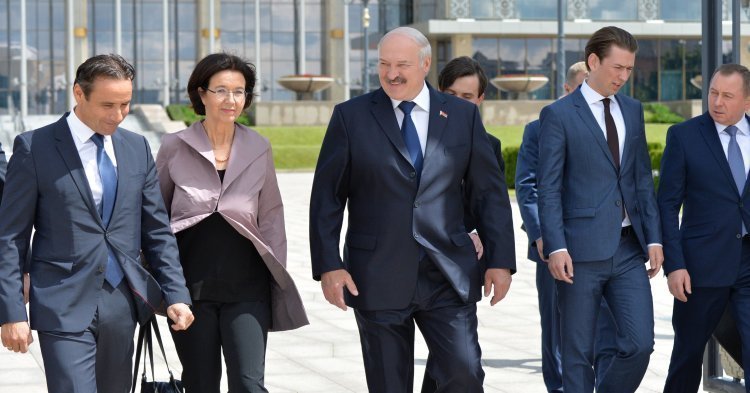

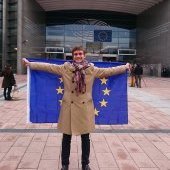
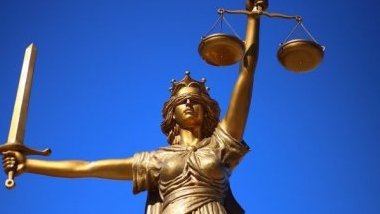

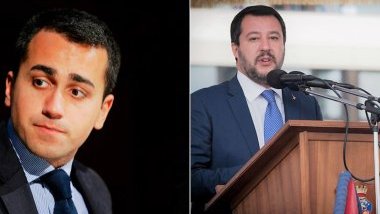
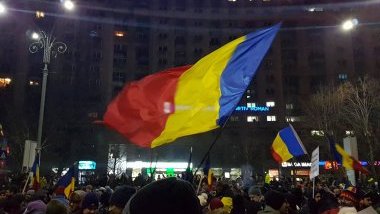

Follow the comments: |
|
